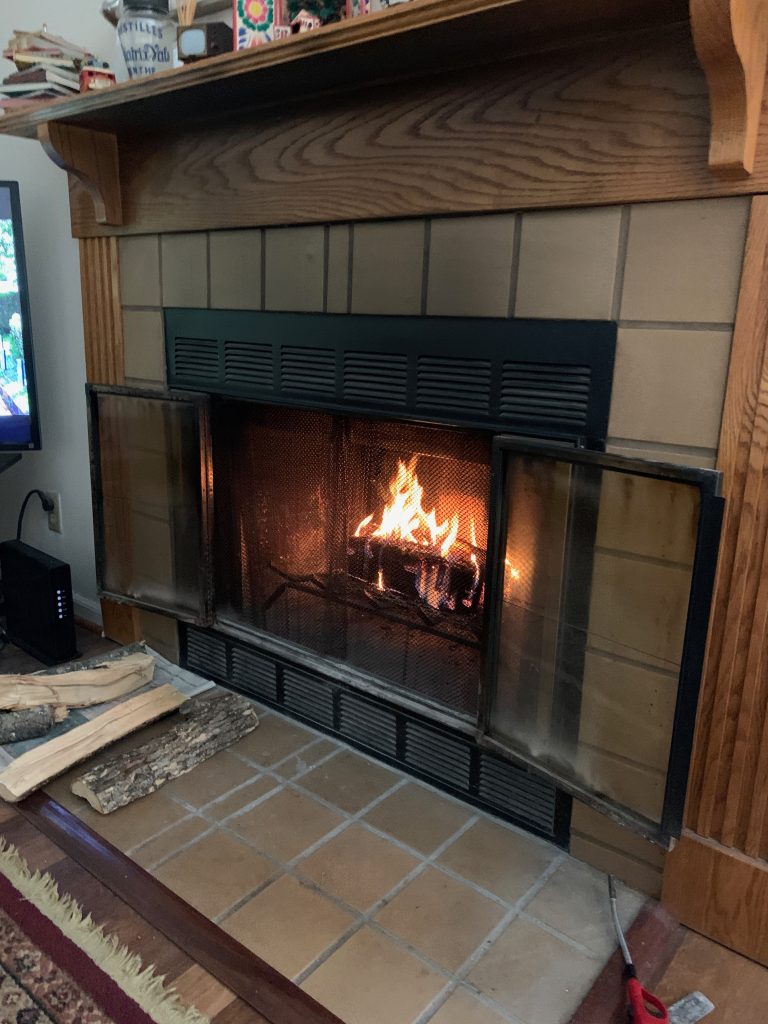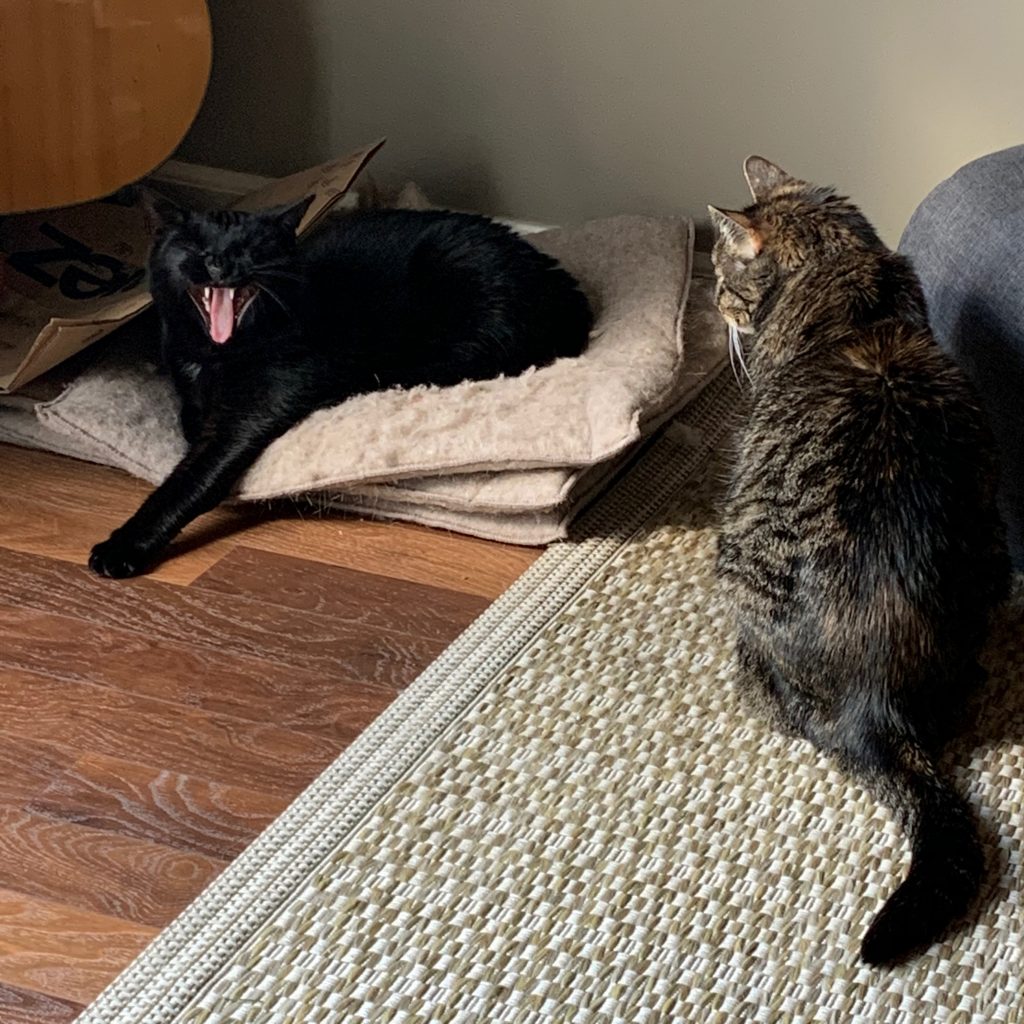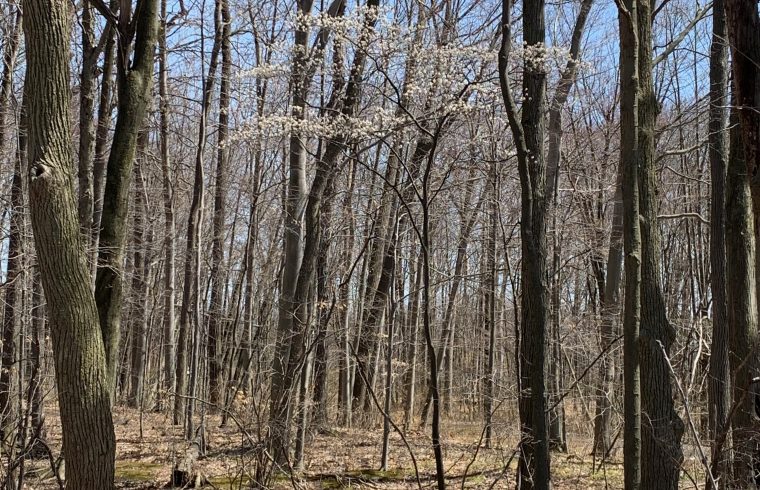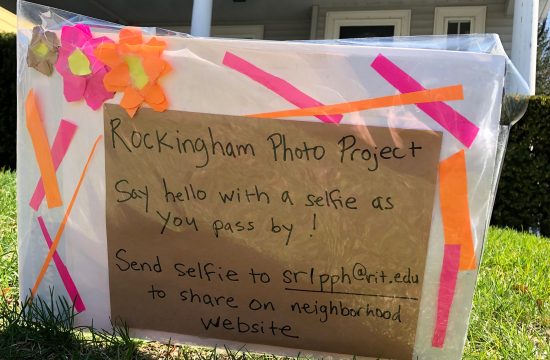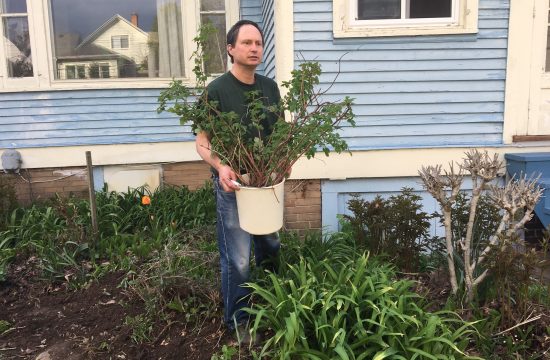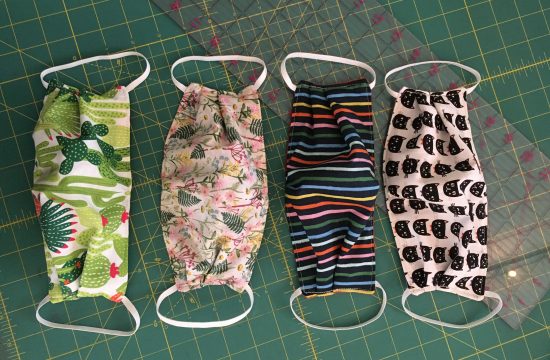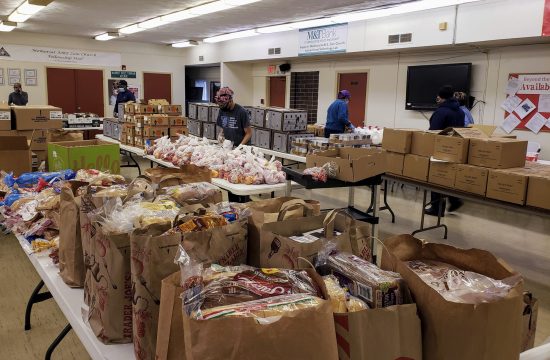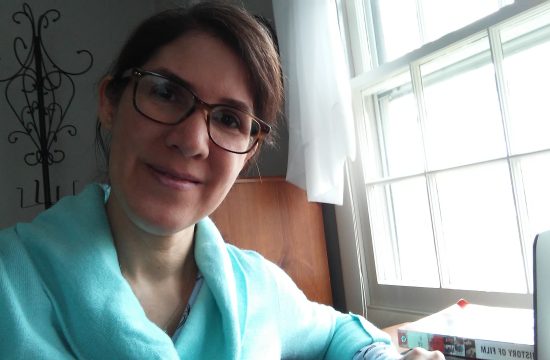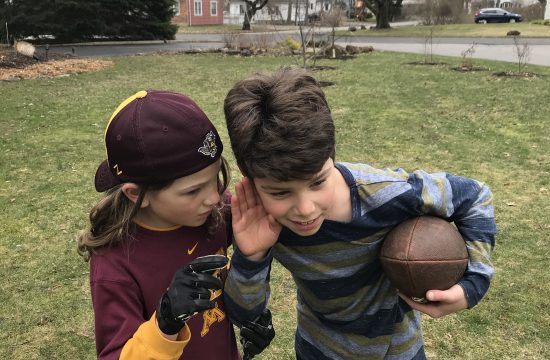College of Art & Design Dean Todd Jokl and Therese Mulligan, director of the School of Photographic Arts & Sciences discuss the weight of making difficult decisions amidst RITs move to distance learning this semester and talk about the importance of finding a work/life balance during the pandemic.
Interview by Laura Robak
Photos by Todd Jokl and Therese Mulligan

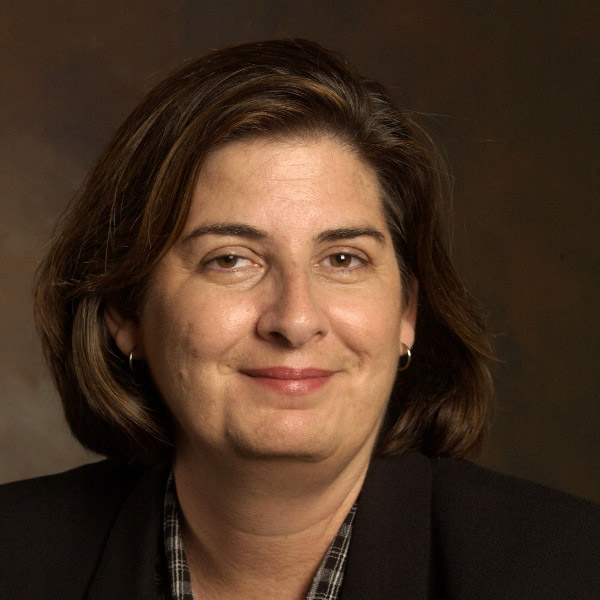
How has it been for you to have to make difficult decisions?
Todd: It’s been challenging. I try even in times of stress and when time doesn’t always permit to go through a process in its entirety, the way that you might [do] if you had more time. I really try to be objective. The complexity of [making] difficult decisions is compounded with uncertainty. I think that is very challenging for all of us as we don’t know the duration of the health crisis.
Therese: In my position, you make a lot of decisions. We have an associate director Michael Peres, and then we have program directors. So, you are never alone and making your decisions for the school. You know, [I] seek advice from the dean’s office, the Associate Dean and then work with whatever decision has to be made or dealt with. You know, I work very closely with our great academic advisors. I have a very efficient and effective team. One of the ways I’m kind of dealing with decisions or dealing with this environment or situation is trying to be in touch with people to make sure, just like you asked me, how are you doing, making sure I ask how are they doing. Now they are not just teaching, they have small children, how are they coping and balancing. You know, [we have to look at] not only hopefully best-case scenarios but also worst-case scenarios but making sure faculty and students and chairs are all well is first and foremost. That is why we are [all] in our homes.
How does the situation make you feel just as a staff member as a part of the RIT community?
Todd: I think it’s been remarkable to see the flexibility and adaptability of students. The faculty have really done a tremendous job in making a very quick pivot, you know, all within a matter of a week or so faculty and staff had to get out of their offices and figure out how they are going to work and connect from home and do their jobs remotely. It has created a lot of pride.
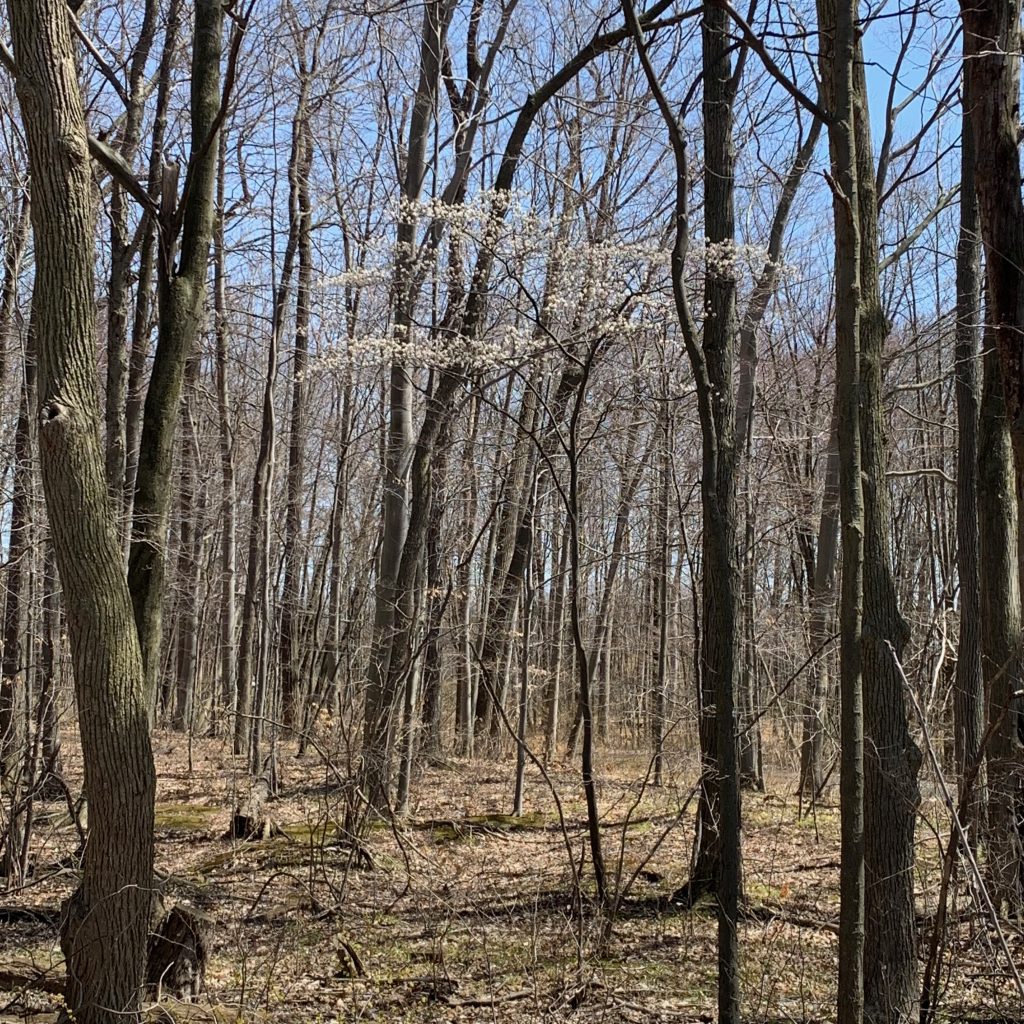
Is there something unique about the art that makes distant learning even harder?
Todd: You know, we can’t all have a glass furnace in our house and the room that we would like to have for a studio for drawing or a darkroom for photography or the inkjet printer. It’s sometimes not feasible for us to have all of that. I think those are some unique challenges where the facilities are helpful or, in some cases, you know, required to achieve what we want to ultimately achieve. I think that the bigger need in art and design is that community and the ability to share and critique ideas. I think that the arts and design areas and our creative approaches prepare us for adaptability and to create solutions.
Therese: That’s one of the questions we’re looking at going forward as we look at next fall. Studio classes looked differently at the end of [the Spring] semester, and so it is certainly something we’re looking at going forward. It’s a whole different kind of experience because you’re not in the room with [your professors] and so the atmosphere is different. Our ability to connect is a little bit different as well, so you have to find ways to penetrate that kind of atmosphere so that people can talk, plan, work together and critique.
Have you ever had a situation like this in the past where you haven’t had much notice or haven’t really had much planning?
Todd: This is a little bit tongue in cheek, but it is true. I have 12-year-old twins and they came a little bit early. While we were preparing for it they were there were much earlier than we expected. In general, when you have your first child you can think you’re prepared, but you’re never fully prepared. It’s sort of the first time in your life that really things happen that you cannot turn back the clock on. This is a bond that is there, whether you want it or not. And I have to say it’s been an incredible experience.
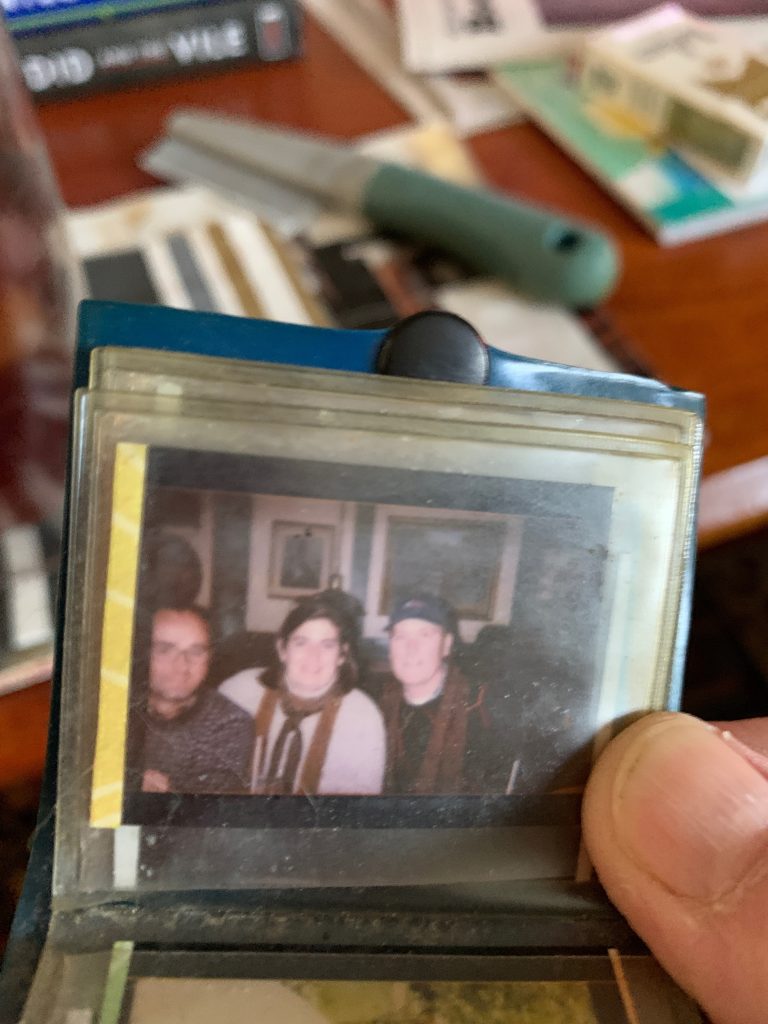
What are the potential scenarios being considered for the fall?
Todd: From the information that we are getting out of the regional and national pictures, and I’m knocking on wood, but it’s looking maybe a little bit better than where we were a couple of weeks ago. I certainly hope that that holds true and that we’re going to be in good shape. We are anticipating opening in the fall.
In the fall if we do go online is there a possible situation where students can work in studios and see professors in person?
Todd: I think the short answer is yes, it will have to be safe, but yes. Students really need to be in the studio. If there are strict social distancing guidelines, we’ll figure out ways so that maybe we add contact hours and only half the students show up for the first part and the other half show up for the second.
Is there anything else that I haven’t asked about that you’d like to answer?
Todd: Our time at RIT is incredibly valuable and important to us. It’s only one component of our lives. So I’ve really been emphasizing in communication with our faculty and students how proud I am of the professional and academic work happening here. But, I also think it’s important not to lose sight of one’s physical and mental health as well. And so, on the physical side, keeping good safe practices in terms of social distancing and mask-wearing to try and avoid spreading it.
We need to also combat the emotional and mental fatigue that isolation might bring and so I’m always encouraging people that I’m talking with or emailing in my messages to do things that you enjoy.
I think the technology in communication has been wonderful but if you’re able to get outside and just go for a walk or if you have a pet, you know, pet that animal and have some time with them.
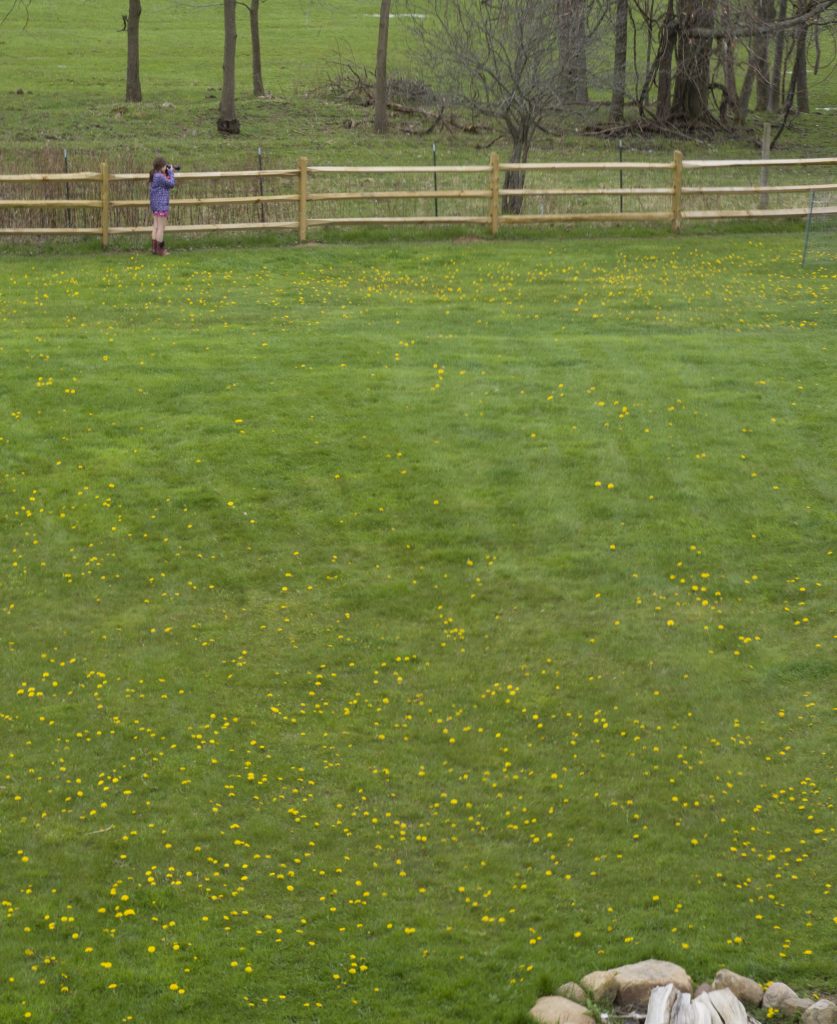
And one of the things that I’ve been able to do since we’re working remotely as I mentioned, I’ve got children and they’re schooling from home, but as my background is in photography, for the first time I’ve been able to really do some bonafide photographic instruction with the kids. And so I’ve got a couple of old film SLRs and I’m showing them how to use the manual settings and manual focus. That’s been very gratifying for me that my daughter, Hazel, has taken up photography and I don’t see her at all without a camera anymore in her hand.
Photo Gallery by Todd Jokl’s daughter Hazel
And then for me personally, I have had to go over to campus a couple of times just to grab stuff out of my office or to access files there that I don’t have access to a home and I have been wanting to start photographing the buildings on campus for what I hope will be a project of architecture in the 21st century. And so I’ve been able to go over there and do some photography, and because [the campus] has been empty, it’s perfect to [make] these photographs.
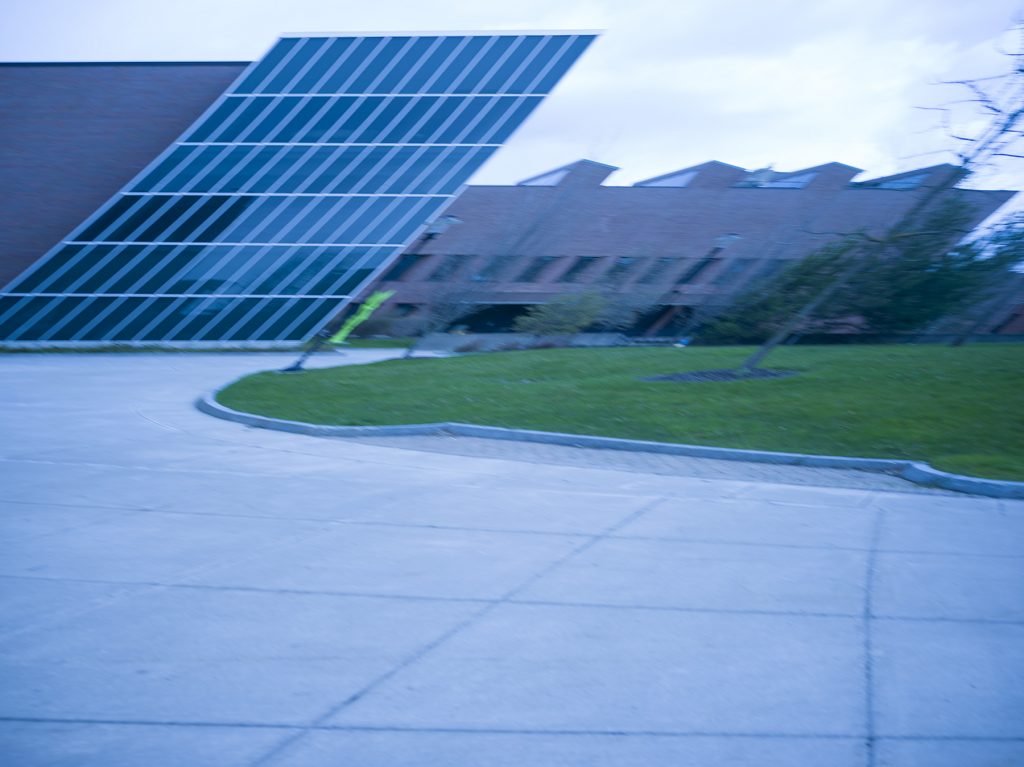
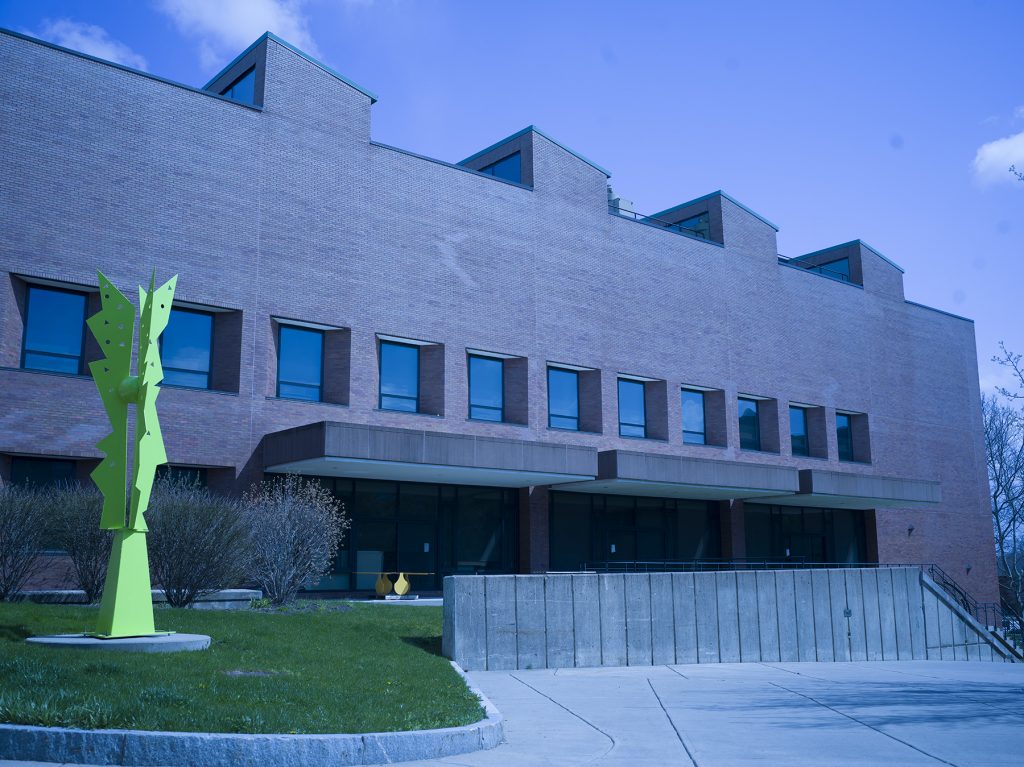
Therese: [In the past few weeks] I’ve run into women in caps and gowns [on campus] taking each other’s pictures on the tiger. So, this kind of yearning, with graduation and wanting to get those pictures all around campus when they had a chance.
A university is not a university without people. [Whenever I’m on campus now] I go and shoot [pictures], and I’ve noticed a lot of people putting up googly eyes all around campus, so I’ve been on a search for all these googly eyes. People have jumped up or helped one another to put them on top of buildings in front of the names of the dorms. So, it is kind of become a scavenger hunt.
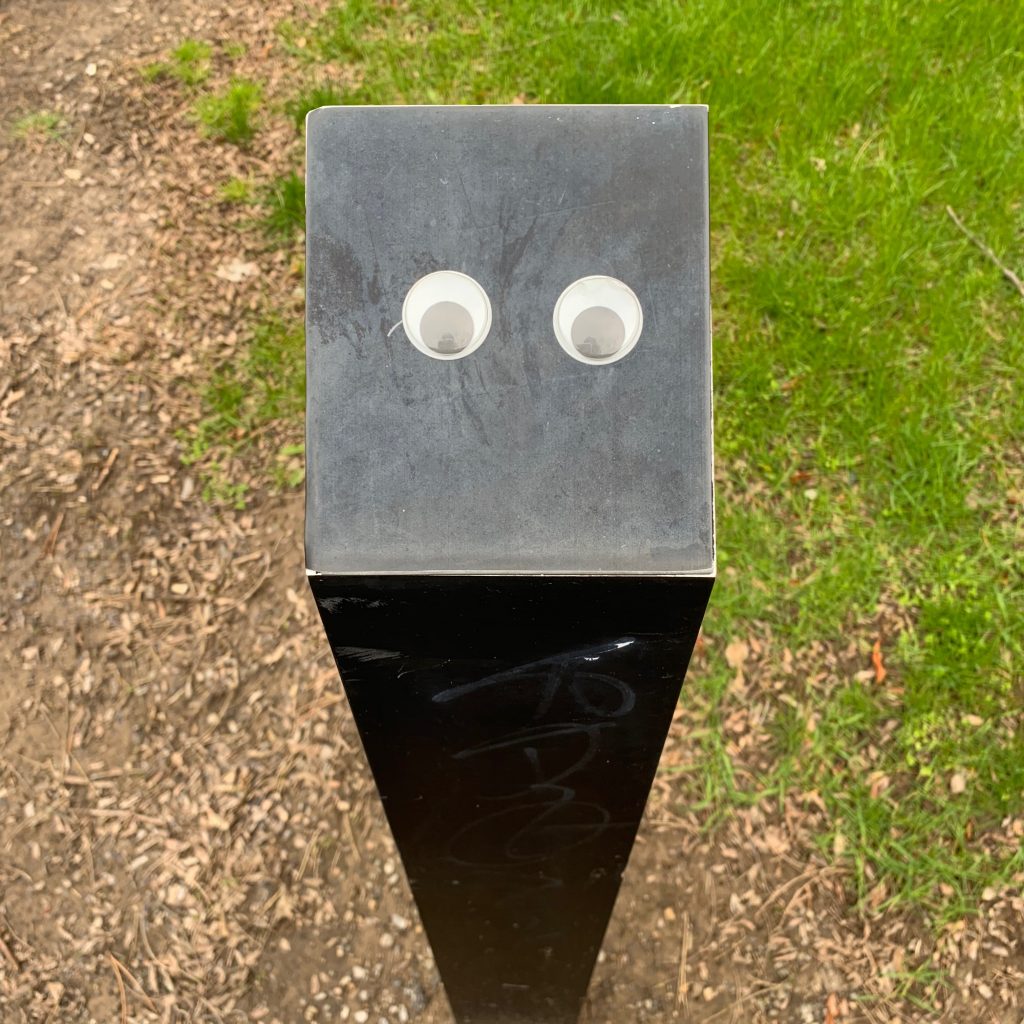
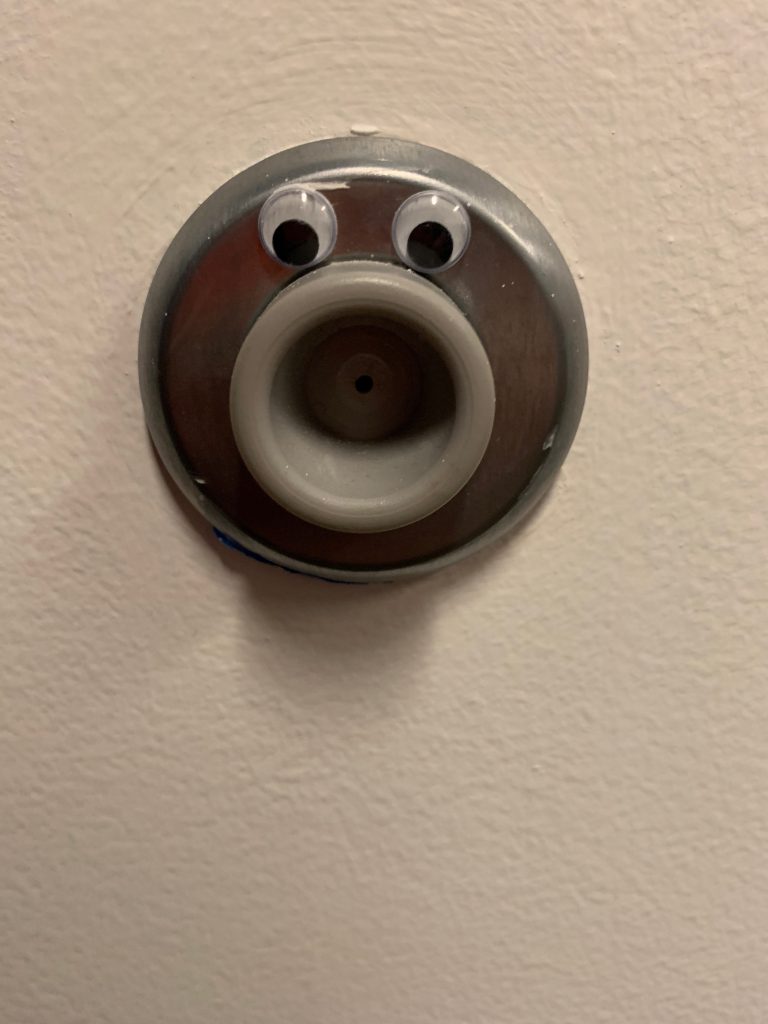
All the time that we spend in front of a computer and in Zoom meetings, that’s been probably the hardest thing for me to kind of get used to. But, I’ve also had a great time seeing my sister and my friends back in Kansas City. Using this as our way of communication has to balance with things like spending time with our cats or going out for a walk and making pictures. Those kinds of things have been the kind of enjoyable and constructive aspects of this whole new normal.
